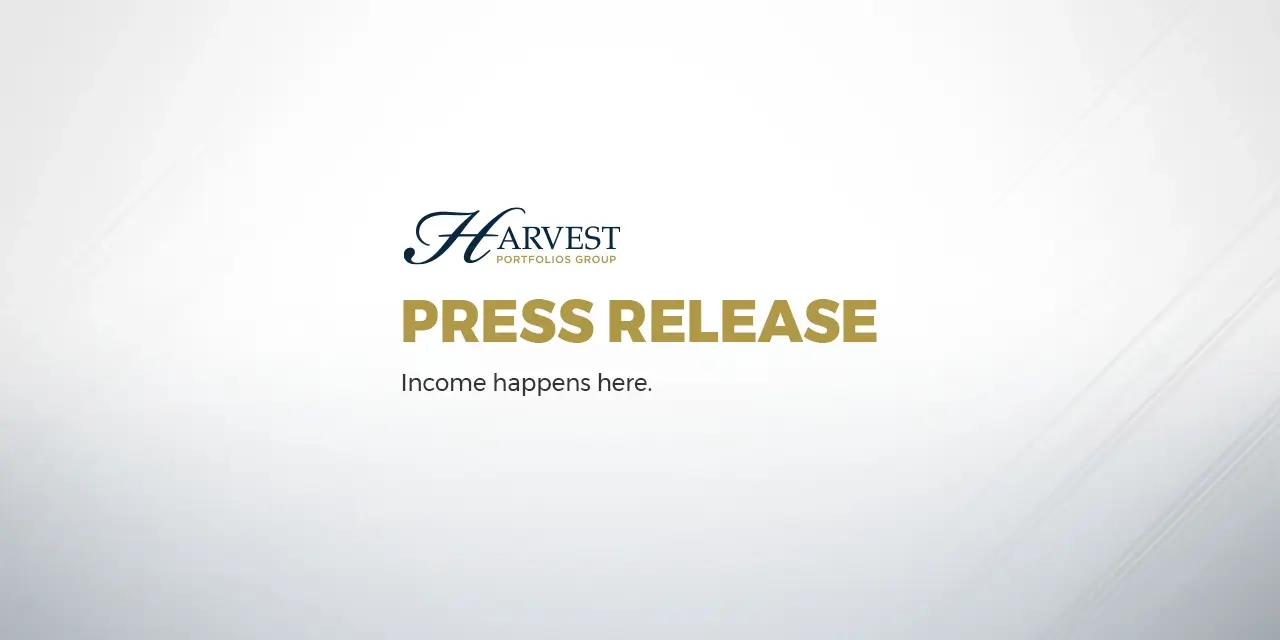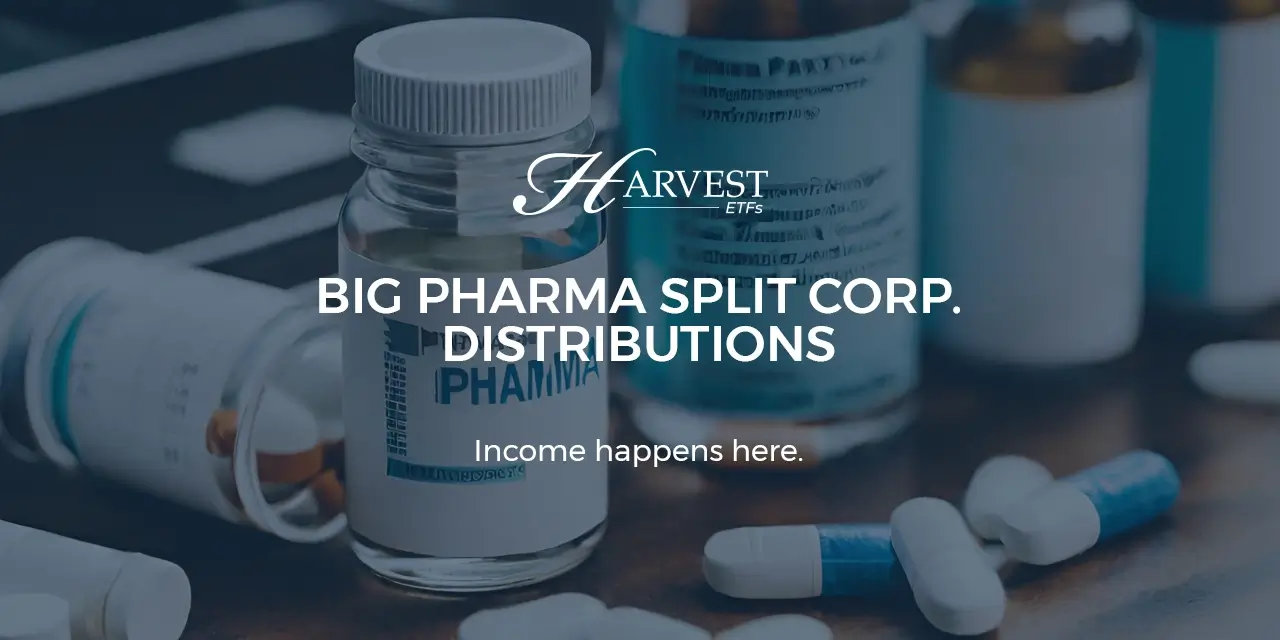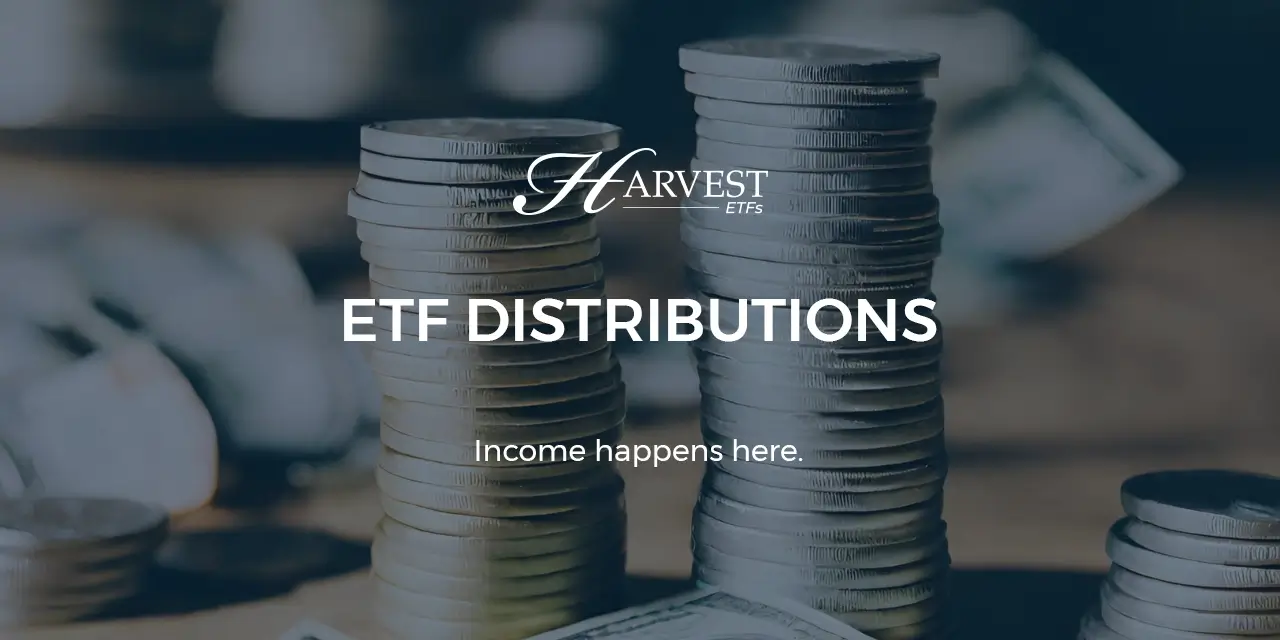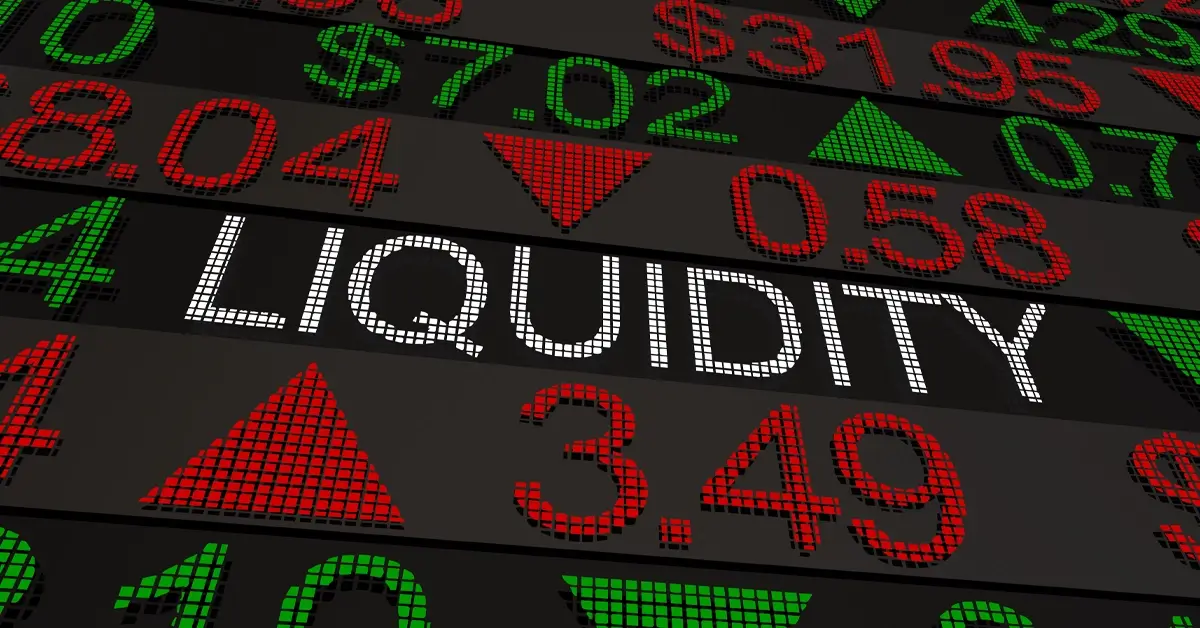By Harvest ETFs
In the two years since the outbreak of the COVID-19 pandemic, the travel sector has been hit hard by pandemic-mitigating government restrictions and consumer reluctance. Successive variants of the virus have prolonged shutdowns and difficult entry requirements have kept people from flying, taking cruises, or booking hotel stays.
 As 2021 neared its end, however, the travel sector began to show signs of recovery and resilience. Despite the raging Omicron variant in Q4 of 2021, United Airlines and Southwest Airlines both posted profits and significant improvements in their ‘load factor’ or the number of seats filled on each flight. In the case of Southwest, that was the first profit without government assistance since spring of 2020.
As 2021 neared its end, however, the travel sector began to show signs of recovery and resilience. Despite the raging Omicron variant in Q4 of 2021, United Airlines and Southwest Airlines both posted profits and significant improvements in their ‘load factor’ or the number of seats filled on each flight. In the case of Southwest, that was the first profit without government assistance since spring of 2020.
“We started to see across several travel related data statistics, the start of what travel industry experts, booking companies, and analysts had been predicting for 2022: the post-covid rebound in travel,” said Paul MacDonald, Chief Investment Officer and Portfolio Manager at Harvest ETFs. “Between vaccines and new treatments, we’ve seen restrictions lift and people becoming much more willing to travel. We also see that in the past two years, travel demand was pent up by COVID, and is now being released. People want to travel, and they’re using some of the high savings rates we saw through 2020 and 2021 to do so.”
2022 has started off with new headwinds for travel. Sky-high oil prices, inflation, and a major war in Europe should all be impacting travel related businesses and COVID-19 is persisting. While the full story of these forces is still unknown, early data and analysis have shown that demand for travel is still strong, despite higher costs and higher risks. The question, then, is why?
How the Travel Industry is Handling Fuel Prices
Despite additional costs due to oil prices early numbers point to demand persisting. The International Air Traffic Association still expects air traffic in 2022 to be close to its 2019 highs. Recent analysis from Deutsche Bank predicted global cross-border travel, through airplanes, automobiles, and ships, to be 16% higher than it was in 2019.
As fuel prices spiked in late February and early March, airline and cruise line stocks were sold off. Since then, though, key companies have released guidance with improved revenue expectations. Delta Air Lines, notably, revised its Q1 revenue expectations up to 78% of 2019 levels. Airline and other travel-related stocks have already begun to rebound.
“Despite volatility in the equity markets and some macro uncertainty, we have yet to see any changes in the near-term pent-up demand for travel in North America. However, there are some concerns that the longer commodity prices stay elevated, that this may flow through to the consumers ability to pay higher prices. We believe this has been factored into the market given the recent pullback.
“Of course, in countries like Canada, the lifting of expensive COVID-19 testing requirements for entry are making the holistic cost of many trips cheaper, even if airfares rise, however a prolonged war and high inflation will need to flow through to higher consumer prices.
What War in Ukraine Means for European travel
The outbreak of war in Ukraine, and its ensuing humanitarian and geopolitical crises, have impacts for the travel industry beyond just the price of crude oil. Instability and uncertainty in Europe have sent alarm bells ringing for Europe’s huge tourism industry.
“Fear and uncertainty about this conflict has certainly played out some for North American travel plans related to Europe,” MacDonald said. “But, while there is still a lot of uncertainty, that seems to be more regionally focused on Eastern Europe, while bookings in popular Western European and travel within North American destinations have not been significantly impacted.”
Recently at a Bank of America Conference, Booking Holdings Inc. CEO Glenn Fogel argued that the “significant amount to travel that did not happen over the last two years has built up this incredible amount of demand.” That pent up demand for trips to places like Spain, France or Italy, can’t be put off by a conflict half a continent away. Notably, Booking’s announced that hotel bookings in Western Europe were still above 2019 levels and it’s roughly 10% drop continent-wide can be attributed to cancellations to Eastern European vacations.
Fogel’s argument comes down to one core thesis: that the past two years only served to bottle up demand for travel. As barriers like quarantines and testing come down consumers desperate to travel appear ready to shrug off higher fuel prices and even some geopolitical risks.
A Travel ETF Designed for Rebound, Resilience, and Long-Term Investment
The Harvest Travel & Leisure Index ETF (TRVL:TSX) was built on a similar premise to Fogel’s argument, with a long-term structural understanding of that demand. The travel sector, pre-pandemic, was enjoying some significant demand tailwinds.
Baby boomers are entering their prime travel years around early retirement. Millennials, now the largest generation in North America, have shown a key preference towards experiences over things. Multiple generational studies found that around 70% of millennials prefer experiences, and travel is a key beneficiary of that trend. Those key demand drivers were bottled up by the pandemic.
“That pent up demand for leisure travel is making up for some of the lost corporate travel and is making the sector look quite resilient in the short-term,” MacDonald said. “But it’s important to remember that TRVL was built for the long-term. It holds a diverse set of airlines, cruise lines, hotels, casinos, and online booking services. Each industry will face different headwinds at different moments, but they share the same demand tailwinds.”
With 30 diversified travel holdings, the ETF captures the long-term growth opportunities in this space and is positioned for recovery.
To find out how your clients can benefit from this strategy call Harvest ETFs 1-866-998-8298.
For more on Harvest Equity Income ETFs click here.














